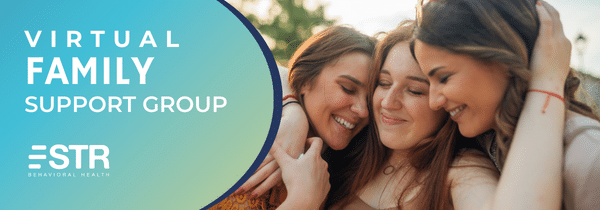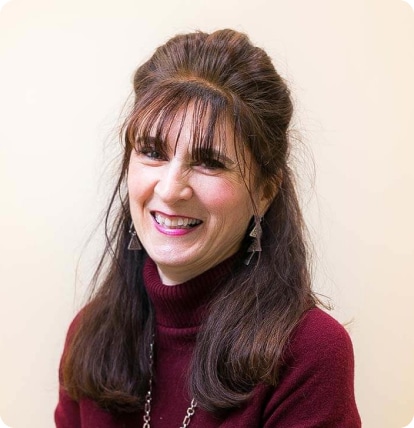When are the free virtual family support meetings?
- Wednesdays: 8:00 pm to 9:00 pm
- Saturdays: 12:30 pm to 1:30 pm
Every 3rd Saturday of the month, we have our Empower Hour Monthly Coaching Sessions. See the topics below for more details.

Get Access to the Free Virtual Family
Support Group
Sign up for our free virtual support group and we will email you the Zoom login credentials.
Saturday Empower Hour Topics
You cannot be close to someone and see them suffering and hurt without feeling something yourself. Join us as we uncover the impact addiction can have on each family member and the damage years of drinking or using drugs can have on you, the family member. And why family recovery/wellbeing is so vital.
Research shows when the family gets well, the loved one has a better chance of getting well. Learn ways on how to help a loved one choose recovery as we emphasize the BALM 5 Tips ( drop expectations, focus on yourself, be a loving mirror, set boundaries and get support) and the 7 C’s.
Often, we have a loved one with an active use disorder and all we want is for the use to stop. We ‘put them in treatment”, expecting everything to be all better. If only it were that simple. This session helps us understand the stages of change and ways to communicate that can help your loved one move from one stage to the next.
In this session we take a brief look at the Invitation to Change Approach to understanding how your loved one’s behavior makes sense to them. Understanding what someone gets from using can lower your fear and anxiety and invites connection and collaboration between you. It will also help you take their behavior less personally and feel more empathy toward them. Instead of thinking that they are irresponsible or torturing you, you can recognize the underlying loneliness, insecurity, depression, or boredom.
Trying to have productive, caring, effective conversations in an environment of stress, worry, anger and fear is extremely challenging. It can even feel impossible at times. The damage to relationships from a Substance Use Disorder is usually built on broken promises and wanting to push each other away creating a lot of emotional reactions and responses. The spell of emotions is you think you are going to feel this way forever. In this session we will be coaching on finding a peaceful, caring and an understanding approach to conversations with our struggling loved ones.
You can’t change the fact that life is stressful and caring for someone with a substance use disorder “ups the stress anti”. During this session we will offer practical tools to bounce back from stress with more clarity, perspective, and energy. We will also explore root causes of our stress and techniques for reducing stress and ways to create a life of balance and ease.
The relationship between substance use disorders and mental illness is intricate. One can exacerbate the other, and vice versa. Understanding the nuances and challenges faced by individuals with a dual diagnosis can lead to more effective interventions, better support, and ultimately a more positive outcome for the individual on their recovery journey. We will discover how we can support our loved one while looking at our own challenges with understanding this dynamic.
How does one justify taking their eyes off of a suffering loved one and putting their attention on themselves? Or if you are saying to yourself, “ it has been so long since I focused on myself, I don’t even know what it means anymore,” then this empower hour is for you. Join us as we explore how keeping the focus on yourself and taking it off of your loved one will benefit you both.
Addiction is a brain disease and it matters!! Discover why accepting addiction as a disease matters. This session will include a robust discussion on how an addiction impacts on the brain, what are some common beliefs which challenge the disease model of addiction, and why it is important.
Join us as we explore the 10 most common myths about addiction and recovery. We will gain a clearer understanding of the damage these beliefs can have on us and our loved one. We will also explore the reality behind each myth.
This session is about letting go of results without giving up on your loved one or the situations, and not giving into their challenges or their manipulations. We will also explore how to maintain a presence of ease and peace when the demands and challenges before us seem to outweigh our resources.

